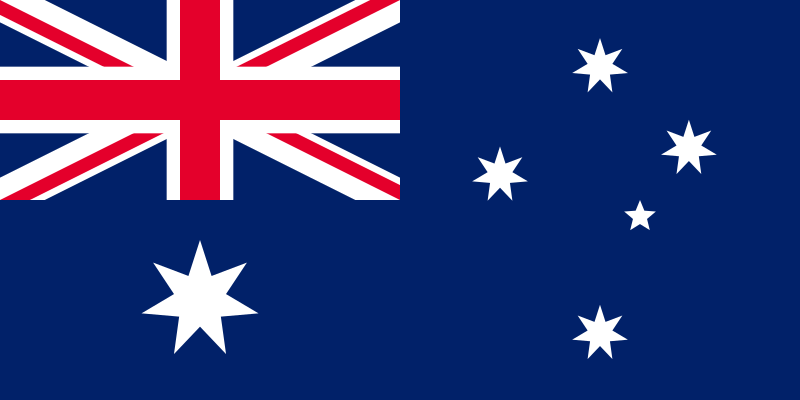Australia Forced Google and Facebook to Pay for News... And They Did
The Australian law caused a massive freak-out. A link tax! This will break the internet! It turns out, not so much.
Welcome to BIG, a newsletter on the politics of monopoly power. If you’d like to sign up to receive issues over email, you can do so here.
Back in February, a fight over an Australian law mandating that dominant platforms negotiate with media companies over ad revenue came to a head. Facebook threatened to pull out of Australia, Tim Berners-Lee said the law could fundamentally break the internet, and commentators like Mike Masnick falsely claimed that the law would impose a ‘link tax.’
As I noted, the law merely forced big tech firms to negotiate on equal terms with media outlets over traffic, ad money, and data by imposing an arbitration requirement. And guess what? It worked.
Here’s the Financial Times:
“We are on track for deals all around. It’s been a big success,” Sims said in an interview. “We are just about there and the media companies are happy — and that’s the key point.”
Sims made the comments after confirmation from Nine Entertainment that it had signed a multiyear content deal with Google and Facebook. The company, owner of the 190-year-old Sydney Morning Herald, did not release commercial terms of the agreement but forecast that its publishing unit’s earnings would jump A$30m-A$40m ($23m-$31m) in the 2022 financial year.
Australia’s other big media groups, including News Corp, Seven West Media and state broadcaster ABC, have either completed content deals with Facebook and Google or signed letters of intent to do so.
Dozens of smaller publishers have also struck agreements or are negotiating terms following passage of a law in February designed to make Big Tech pay for news.
And here’s a different piece on the success of the law, from the Seattle Times. It’s not just a big media success story; small publications seem to be getting deals.
A major outstanding entity is Country Press Australia, representing about 160 small publications. It’s now negotiating a content-compensation agreement.
“There’s no question that the government’s action to legislate the code has ramped this up,” Bruce Ellen, association president, told me. “There’s no way we’d be speaking with them every week about negotiations if this wasn’t hanging over their head.”
I still want to understand more about how this law is working. And Australia isn’t a great test case, because its media ecosystem is highly concentrated. Still, from these initial indications, this experiment seems to show that credible media outlets offer value that Facebook and Google were appropriating because they had superior bargaining power. Once you take some of that bargaining power away, the revenue flows change.



This is great news. One of the most devastating effects of social media and Section 230 is the theft of economic value from traditional for-profit media institutions. These in turn have changed their tactics to a more "clickbait/social media" approach that has greatly degraded their quality and independence, although it reinforces trends in the media that have been there for a long time (decades) just accelerated now.
You see this with once-high-level publications like the Atlantic, the New Yorker, and the New York Times, which are increasingly narrowcasting to a "woke" audience. But then again there are Fox and Breitbart.
Back in 2017, Lee Smith of Tablet Magazine explained what Facebook had done to the economics of news, destroying decades of accumulated experience in senior editors and writers, leading and replacing them with younger, much less knowledgeable, and cheaper scribal neophytes:
https://www.tabletmag.com/sections/news/articles/zuckerberg-public-enemy-no-1